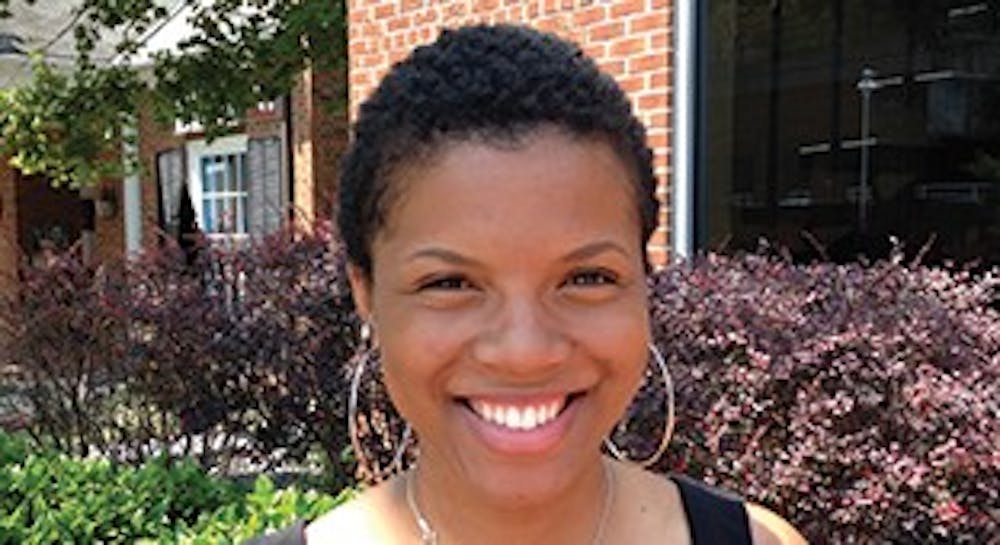The Catalyst Conference is a weekend-long conference for high school students focused on social justice. I attended the conference as a junior in high school, and I have been a counselor for the past two years.
Each year we do an activity called, “Crossing lines.” Each participant stands on one side of a room and a phrase is read. If you agree with the phrase, you walk to the other side of the room. If you disagree, you stay put.
During the activity, the phrases get progressively more intimate. It begins with “I am right-handed or left-handed” and ends with statements such as “I or someone I know has contemplated suicide.” After a little more than 24 hours together, a group of semi-strangers, are challenged to physically and mentally acknowledge their truths to themselves and others.
In essence, it’s an activity of remembrance. It is a silent activity, and it requires you to lean into it. Regardless of the phrase or response (I usually cry each time), you don’t ask questions. There is no time to explain or give background.
What’s fascinating to me is how my responses have changed from year to year. They aren’t too different, but it gives me an opportunity to evaluate how I’ve grown and why I’ve changed. It’s taught me the importance of looking back and inward, because for me, the things I talk about the least have the greatest bearing on who I am. “Crossing lines” gives me the time, space and opportunity to reflect on that.
Sometimes looking back can be even more daunting than looking forward. Admitting when you were wrong, reliving cringeworthy scenarios, etc. But moving forward doesn’t eliminate the importance of remembering. Because when you exclude the past, or make efforts to forget about it, it excludes a piece of who you are.
The past can be painful, emotional and challenging. But think about what could happen if it isn’t taken into consideration. Although we’re wired and taught to “not dwell in the past,” the past still holds value. It is a tool that can be discarded or utilized. It can help us understand how we became who we are and serve as a reference point for who we will be in the future. More broadly, it also is an excellent method to comprehend the present — or issue a warning.
We have seen what happens when a charismatic politician who publicly shares his disdain for a particular group of people comes to power. It was terrible — but we’ve learned, and it will never happen again... right? Hmm. Just a thought.
It’s important not to solely reflect on the past for the benefit of others. It’s probably most beneficial to you, the experiencer. The more you understand your past, and your truth, the more you can utilize it as a tool for yourself and others.



